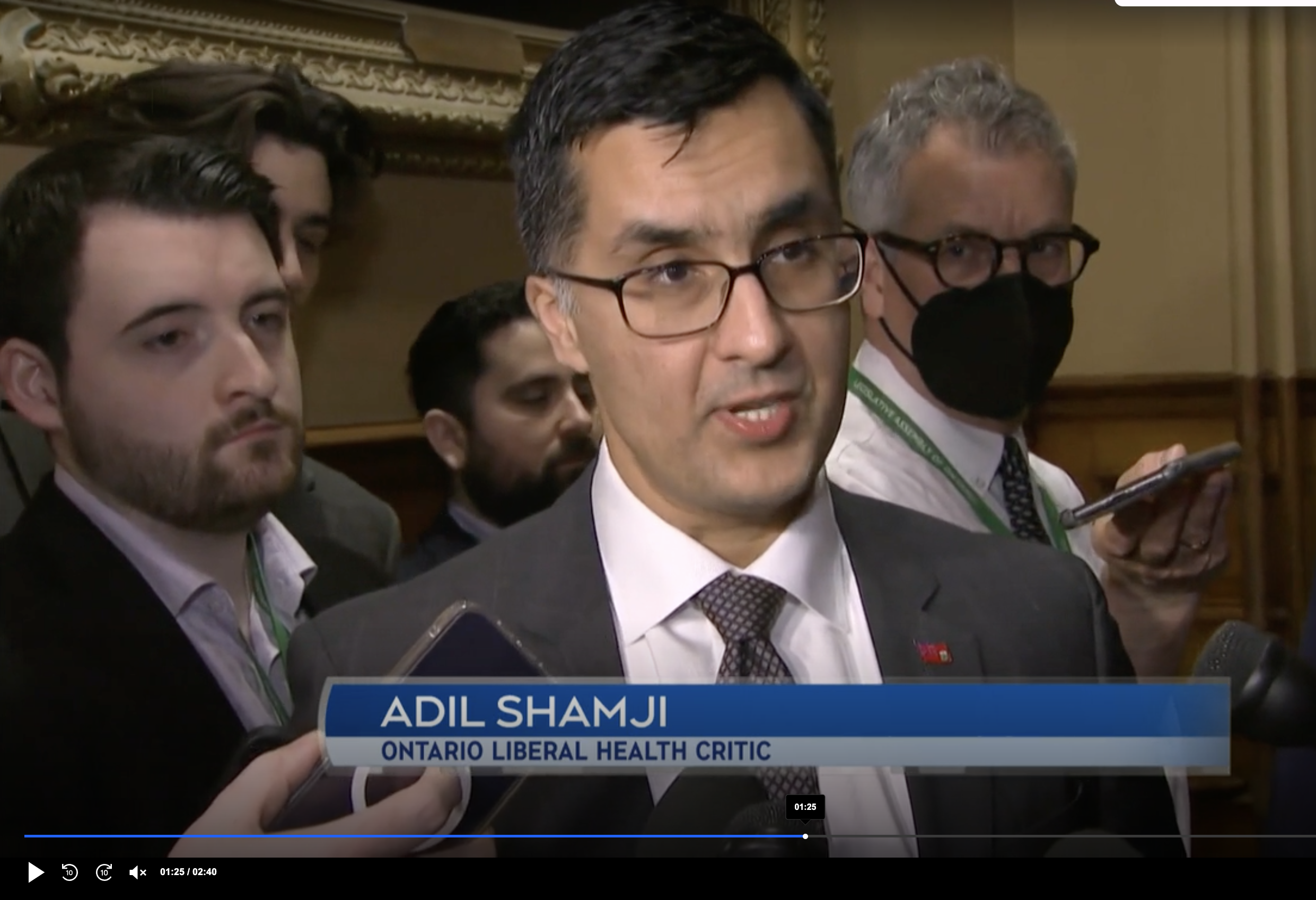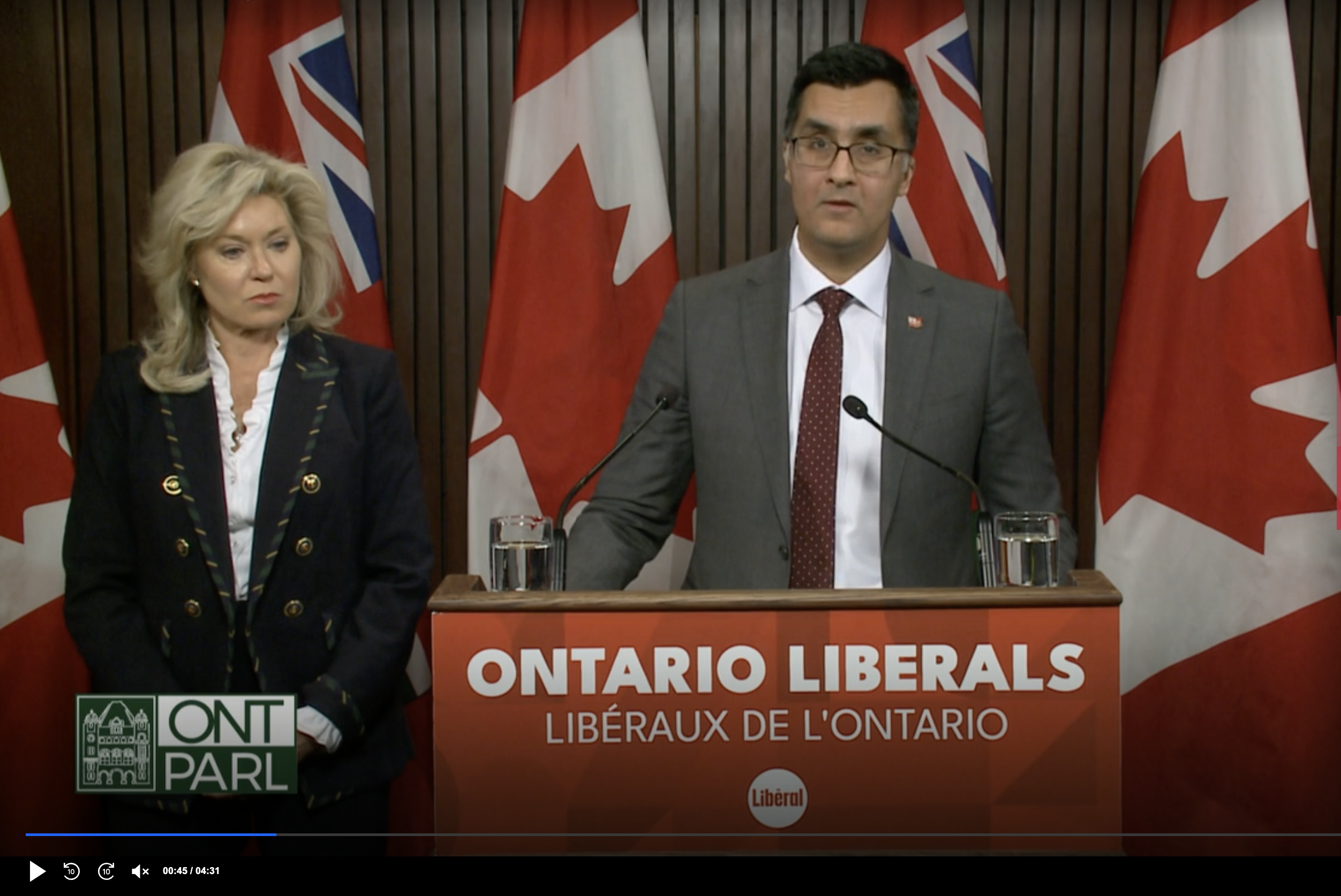“The idea that a business case needs to be presented while the mayor has declared a literal state of emergency is preposterous,” said Adil Shamji, the Liberal critic for health and a doctor himself.
“This is not a business decision, this is a question of lives, of health care and the individual dignity of all of these people who are being swept up in the opioid crisis.”
He said the government should be giving the mayor of Belleville exactly what he wants and invest in public health units as well as mental health and addiction services.
“Instead, all we see is dragging their heels and stalling, and people are dying as we wait,” Shamji said.
The situation in Belleville is a microcosm of what is happening across Ontario in both cities large and small, in rural regions and in First Nations.
The latest data from the Office of the Chief Coroner, up to the third quarter in 2023, show a nine per cent decrease in opioid-related deaths, at 617 lives lost, compared to the quarter before where 678 people died by opioids.
The coroner’s data show 1,947 people died from opioids through the first nine months of last year. That mortality rate is 64 per cent higher than in 2019.


